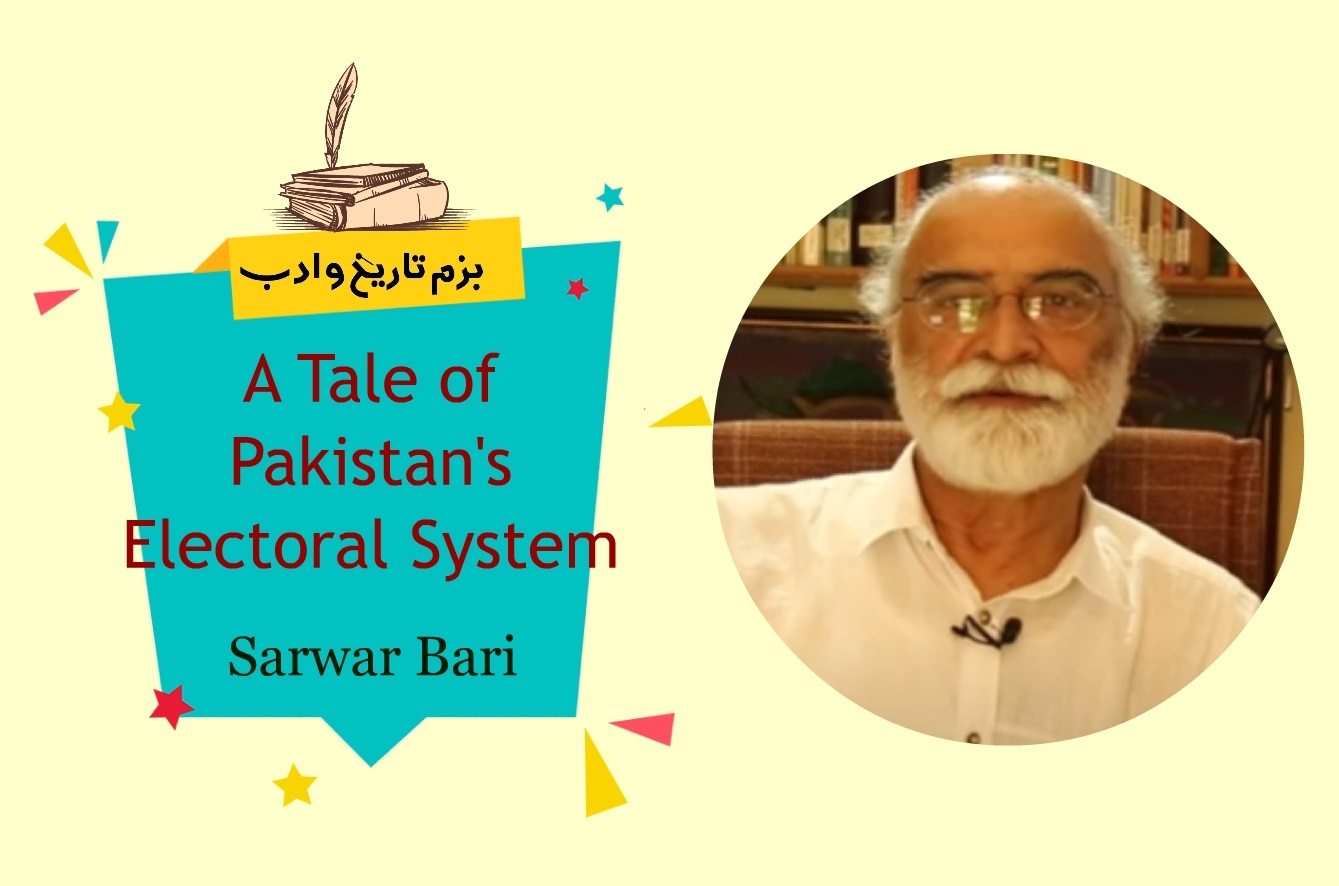
A Tale of Pakistan’s Electoral System
The tale of electoral democracy could be summarized in three lines. Don’t hold elections if you or your proxy is likely to lose (1947-1970 & 1977-88). Make perfect arrangements for the sure victory of your proxy (1988-97, 2002 & 2008-2018), and if you or your proxy lose, don’t transfer power to the winner (1970). In this regard one can’t make much distinction between the so-called civil and military elites. Local elections suit to military dictators, therefore they never hesitated to establish functional local bodies, while elected local councils are being perceived as a threat by civilian rulers, so they tried their best not have local councils, and if courts ordered them to have elected local councils, they were kept powerless. A clear violation of article 140-A of Pakistan’s Constitution and their own election manifestos.
Therefore, it appears elections are merely held to legitimize the elite control. And this is a major factor behind low turnout in Pakistan’s elections. People seem to be very well aware of elites’ modus operandi. No wonder a large majority of electorates never took part in elections. Those who use their right to vote, a significant number of them were being coerced or pressured. Therefore, our electoral system seems to have no relationship with democracy.
About the speaker
Sarwar Bari heads Pattan Development Organization, which has been contributing to further the interest of the marginalized, the deprived and the underrepresented communities of Pakistan. Promoting Pattan’s vision to have a democratic and just society where all people enjoy equal economic, political, socio-cultural, and religious rights, equitable opportunities, and benefits of the development process without discrimination. His mission is to mainstream marginalized, vulnerable and isolated communities, groups and women into political and economic decision-making processes at all levels through mobilization, networking, capacity building and advocacy for structural and policy change. Pattan has come a long way – from a group of few volunteers helping and organizing communities affected by the 1992 super floods to a well-organized team of dozens of committed personnel engaged in action, research, education and mobilization in 40 districts across the country.
Pattan has grown to be considered an authority when it comes to work in the areas of DRR, governance, labour rights, electoral and politics reforms research and advocacy and democratization. Since 1992, Bari has been involved in disaster response, strengthening DRR initiatives, resilience building and linking these to longer term development programmes. We help communities on matters of disaster risk reduction, preparedness, emergency response and rehabilitation. Our focus is on unleashing the social and political potential of people to enable them to take control of decisions that affect their daily lives. Over the course of the years, Pattan has strived to create and empower local level institutions that could represent the interests of all social groups, breaking the traditional barriers.
Sarwar Bari brings with him a rich experience of more than 30 years as political and social worker, researcher, trainer and columnist with “The News, Dawn, Express Tribune, and Daily Post. He is one of the constant voices on DRR in the country. Through research and op-ed articles, He influences policy makers and implementers.
Pattan is one of the leading NGOs of Pakistan who believes in coalition building of civil society. For instance, Bari was instrumental in creating the largest and the most effective networks including Free and Fair Election Network (FAFEN), Pakistan NGOs Forum and National Humanitarian Network (NHN) and globally we were founding members of ADRRN and GNLG etc. He has been an active member of global, regional and national networks including GNDR, ADRRN, National Humanitarian Network, Global Network on Local Governance, Alliance for Reforms and Democracy in Asia (ARDA).
He did his M.Sc. (History) from Quaid-i-Azam University in 1977. During his days in exile in England, he studied at the prestigious Institute of Development Studies (IDS) University of Sussex and completed his MPhil in Development Studies. Born in Multan in 1953, Bari has been an active social and political activist since the late sixties. Always affiliated with progressive groups, Bari has been in the forefront of struggle against the oppressive forces. His bold but principled actions landed him in trouble during the Zia regime (1977-88), which he ardently opposed. He had to live in exile for 10 years after being implicated in a politically motivated case framed by the martial law authorities. General Musharraf’s regime (1999 -2008) locked him in prison in 2008 for opposing the imposition of the state of emergency in the country.